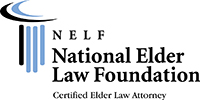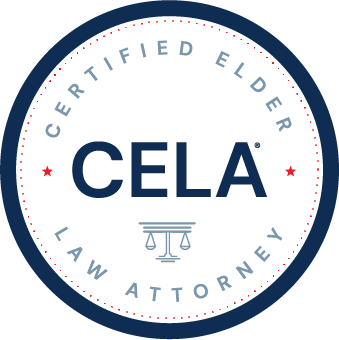It appears that Medicare Advantage Organizations (MAOs) and Prescription Drug Plans (PDPs), Medicare Part C and Part D private carriers, also come into the fold as entities that parties will have to deal with regarding Medicare secondary payment subrogation rights as these private carriers begin seeking reimbursement for payments made for services in which Medicare is a secondary payer.
Firm News
A recent case from Louisiana illustrates the high expectations that the personal injury attorney must live up to when advising clients regarding settlements. In the recent case of Jones v. ABC Ins. Co., 2013 WL 6504323 (La.App. 5 Cir. Dec. 12. 2013), Plaintiff, individually and on behalf of her minor daughter, filed a legal malpractice action against two law firms that represented them in settlement of a medical malpractice and products liability action for injuries related to the minor daughter’s heart surgery. Plaintiff and her ex-husband entered into an aggregate settlement for all claims for $8,250,000. The trial court later required a third party trustee to administer a trust for the daughter’s needs. The trial court also allocated to the Plaintiff $65,000 for loss of consortium but denied her individual claims for medical expenses, mental anguish (a claim allowed in Louisiana), and lost wages. The mother initiated malpractice claims against her attorneys, claiming that her counsel (she hired and fired a number of attorneys) did not inform her of how the settlement would be allocated and did not inform her that a third party trustee would be used to manage her daughter’s trust; she took issue that trustee’s fees would be deducted from the settlement funds used to establish the trust.
On June 12, 2013, the United States District Court for the District of New Jersey published Taransky v. Sebelius (No. 12-4437, Slip Op. D. NJ. June 13, 2013) finding that the court lacked subject matter jurisdiction because Ms. Taransky failed to exhaust her options for administrative appeal. However, the court found that despite state trial court’s order on a stipulation allocating all settlement recovery to non-medical expenses, Ms. Taransky received payment from a “primary plan” responsible for payment of her medical expenses that had been covered by Medicare. As a result, Ms. Taransky was required to reimburse Medicare under the MSP.
What the Supreme Court giveth, Congress can take away. The federal Medicaid statute has long required that Medicaid agencies recover from third parties legally liable for health care items or services to the extent that the Medicaid program had paid for those items or services. 42 U.S.C. § 1396a(a)(25)(H). States also were required to have individuals assign to the State the individual’s right to payment for medical care from any third party. 42 U.S.C. § 1396k(a)(1)(A).
Bradley J Frigon is the current President Elect of the National Academy of Elder Law Attorneys. In May of 2014 he will assume the position of President and serve in that capacity for one year.











